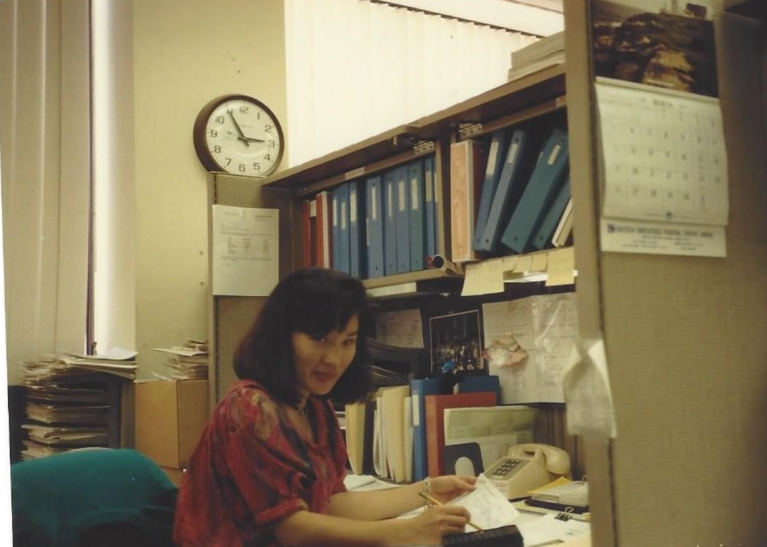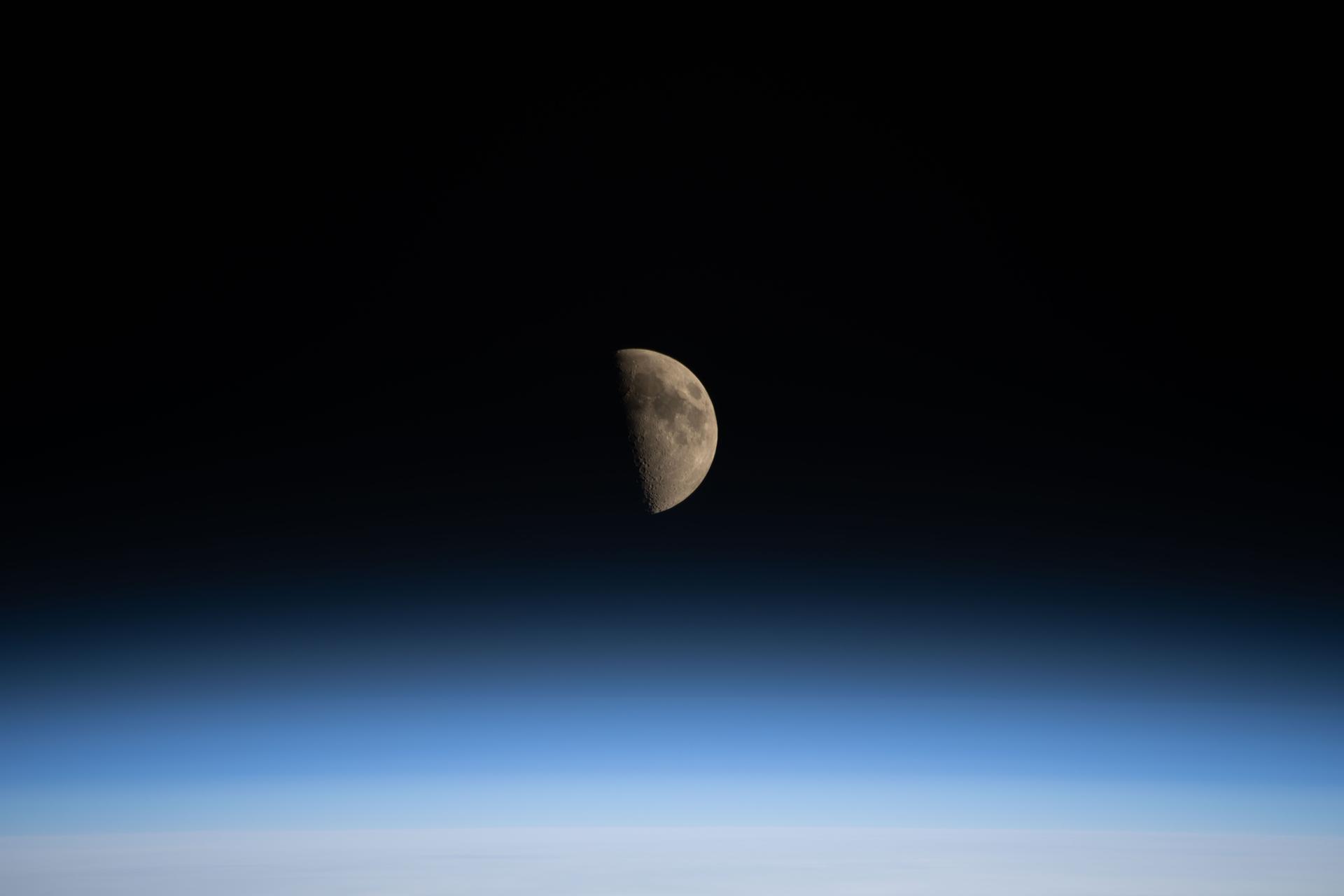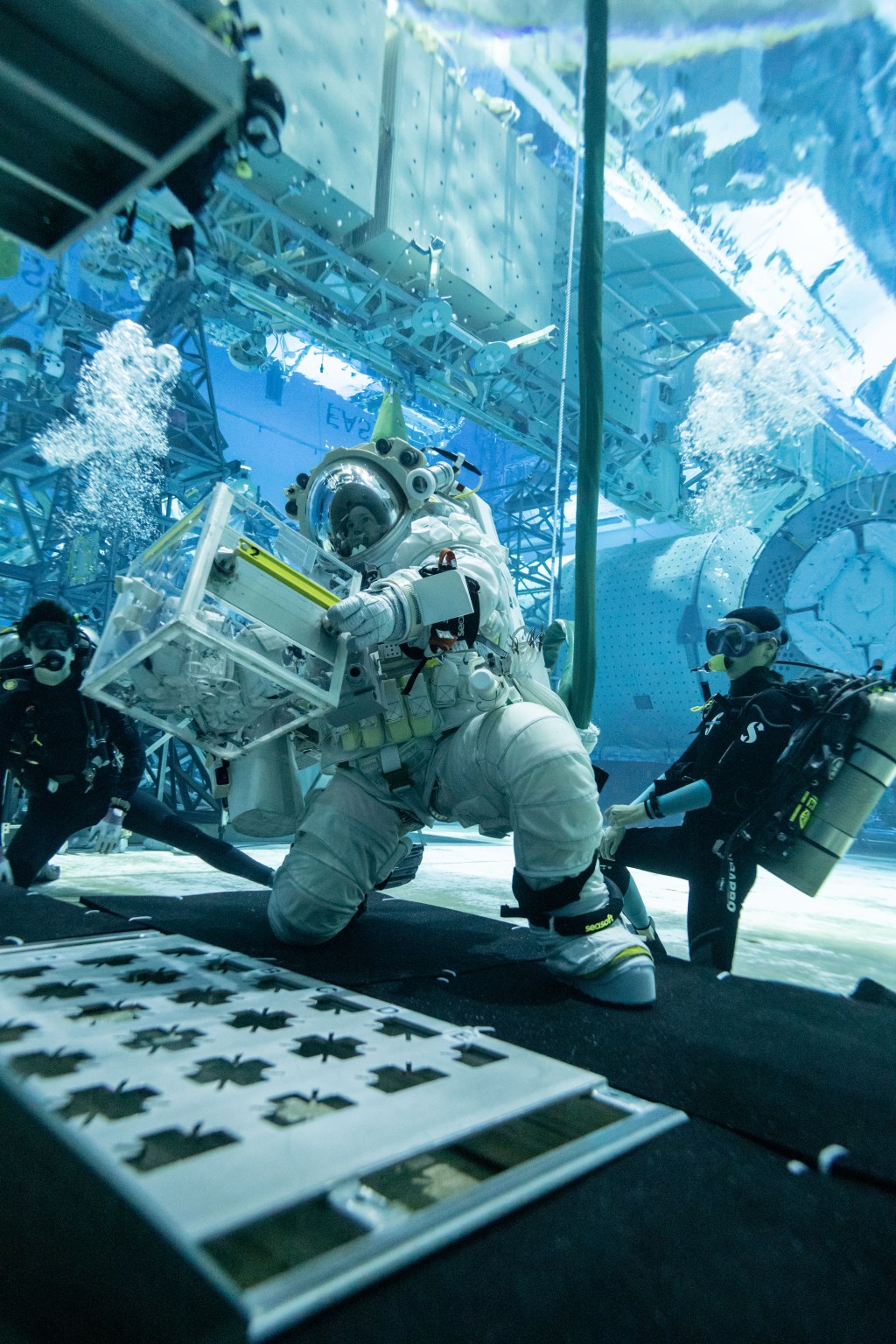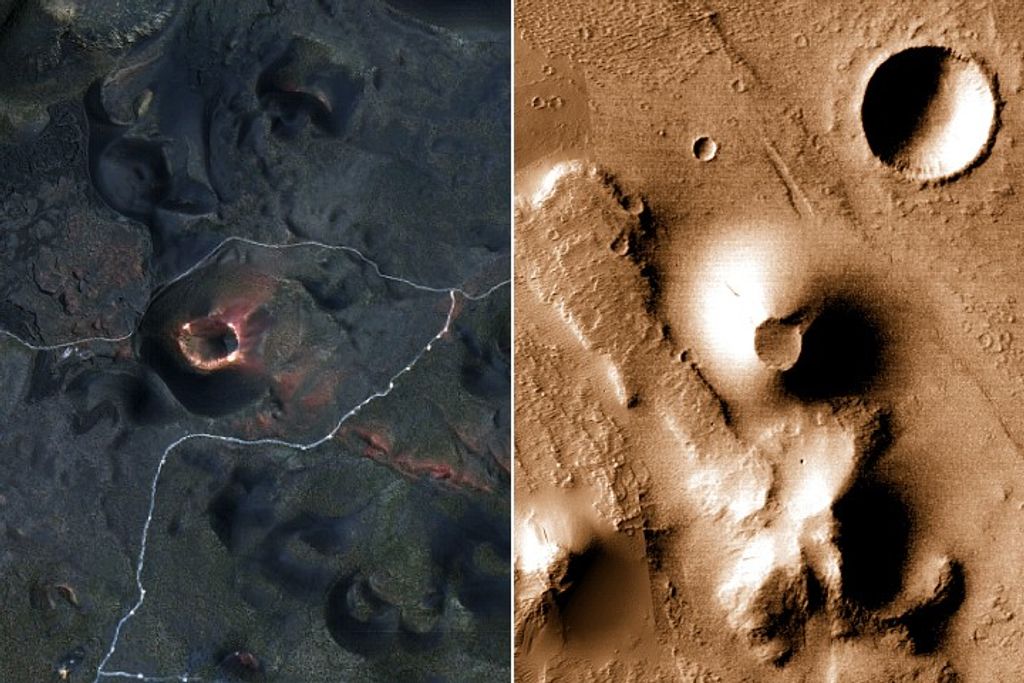
Sun Matsumoto
Voyager Computer Command Subsystem Flight Software and Fault Protection Engineer
Role on Voyager
Real Time Command System Lead during the Neptune Encounter
Current role
Voyager Computer Command Subsystem Flight Software and Fault Protection Engineer
Hometown
Jeonju, South Korea
What is your most meaningful Voyager moment and why?
When I was graduating from college in Texas with a computer science degree, I was all set to go to work for IBM in San Jose (IBM back then for many of us was like Google now); I had never heard of the Jet Propulsion Laboratory or Voyager. However, fate brought me to JPL and to the Voyager project.
I arrived several months before the 1986 Uranus encounter in a frenzy of activity. Never mind that I had no idea what everyone around me was doing; I wasn’t even sure what I was supposed to do. But it didn’t matter. It was amazing to watch what everyone was doing and how it turned into these incredible images I had never seen before. I thought, “Wow, we are changing science textbooks! We are making history!” It was such an infectious experience that I was seriously hooked.
The most memorable moment for me was when I presented a Voyager paper at the 14th Space Operations Conference in Korea in 2016. The talk was so well received that there was standing room only. Voyager was dear to so many people! Also, there was something else for me, something very personal. The conference was held not too far from the village where I grew up, so it was an emotional experience for me.
You see, Korea back when I was growing up was not Korea today. The country was devastated after the Korean War and the recovery took forever in coming. Too many people had to worry about basic needs, and education was a luxury for the privileged. In my village, girls usually stopped their education after elementary school and stayed home to help their parents, although some boys were encouraged to pursue higher education. Still, my mom worked so hard to send her three girls to high school. She wanted us to be educated so we could have better lives. In fact, my big sister was the first girl in our village to go to high school. I was lucky enough to go even further. I was able to immigrate to United States, “the land of opportunity,” and I worked hard to go to college. I wanted to honor my mom.
Standing in front of that audience in Korea, not too far from the poor farming village where I grew up, giving a presentation in English, the language I struggled to learn, about a spacecraft that I’ve helped travel farther than any other human-made object, I realized that I am living the dream I had, as well as the dream my mother had for me. The first girl from that small village who went to college was doing something meaningful. I’m sure my mom, who worked so hard to the end and endured all the ridicule from the villagers for doing something foolish – sending mere daughters to high school – was smiling from the heaven above. I told her silently, “Mom, we made it!”




















